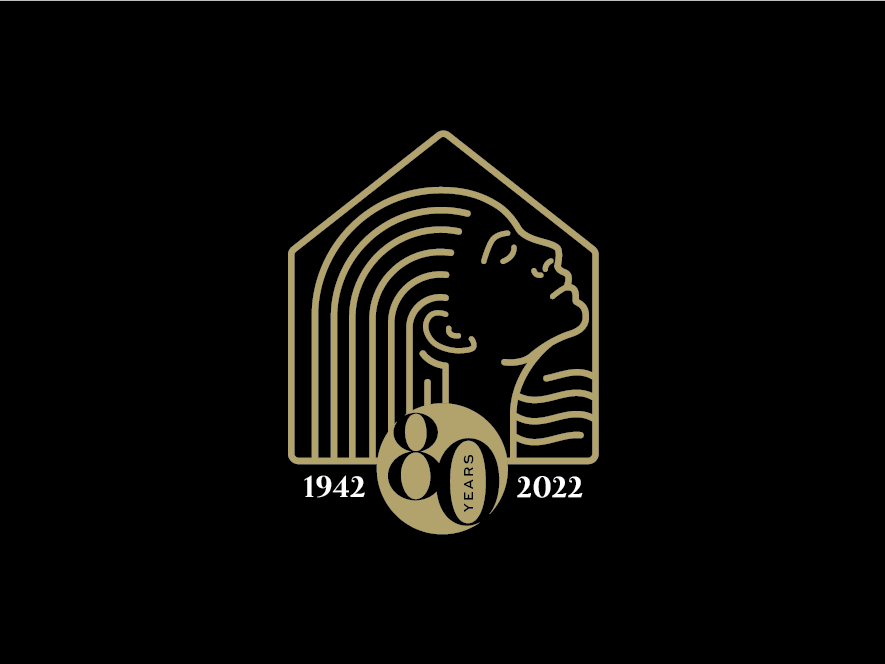the league's latest
San Diego Non-Profit Celebrates 80 Years Of Supporting Homeless Women
May 24, 2022

Big Sister League Launches Rebrand During Mental Health Awareness Month
After eight decades of serving women in need, Big Sister League of San Diego announced today its official name change to Sister League of San Diego. This milestone coincides with Mental Health Awareness Month and commemorates 80 years of supporting adult women who are homeless due to mental health issues, domestic violence, addiction, and other traumas. A year-long series of events and activities are planned, culminating with an 80th anniversary inaugural gala.
“As the organization approached 80 years of service to underserved women, we decided that a more empowering name and inspiring logo to reflect a transformation was needed,” said Board President Jessica Aminoff. “The new logo captures our mission for the residents to recover, rise, and flourish towards a life of independence,” she added.
Executive Director Nuria Haro-Lopez stated the demographics of the women served have changed since the non-profit first began, and the new name and logo reflect the agency’s support of its residents as equals. “We’re very excited about the rebranding, as we see our residents as sisters, not mentees, as the word ‘big’ may imply,” Haro-Lopez said.
Big Sister League of San Diego was founded in 1942 by 70-year-old suffragist Frances “Fannie” Woods who wanted a safe haven for homeless women being jailed for breaking curfew laws. During World War II, women and children arrived in San Diego to find their loved ones already deployed, leaving them without secure housing. Unescorted women out on the street past 10 p.m. were jailed, and their children were sent to the Hillcrest Receiving Home. Woods made arrangements with law enforcement to house the women instead of jailing them. With help from community organizations and philanthropists, Big Sister League was born and provided refuge to more than 100 women in its first year.
The first residence on Front Street opened in 1943 and housed 15 women and their children. In the first two years of operation, an estimated 1,200 women were sheltered. The non-profit has continued Woods’ legacy and operates two homes in the Banker’s Hill neighborhood that can accommodate a total of 30 residents.
